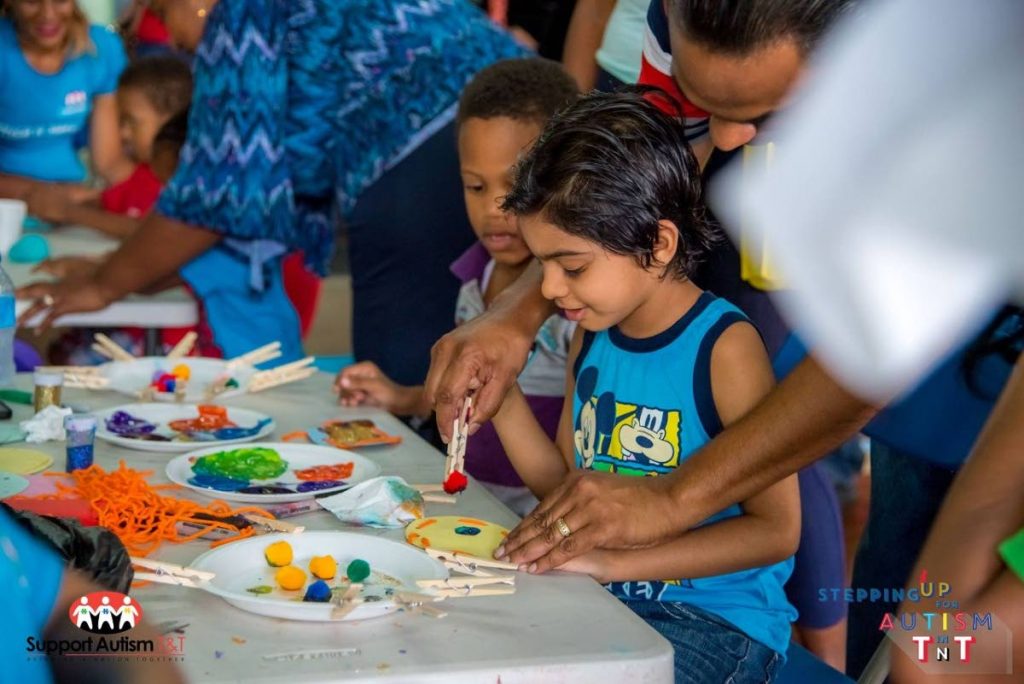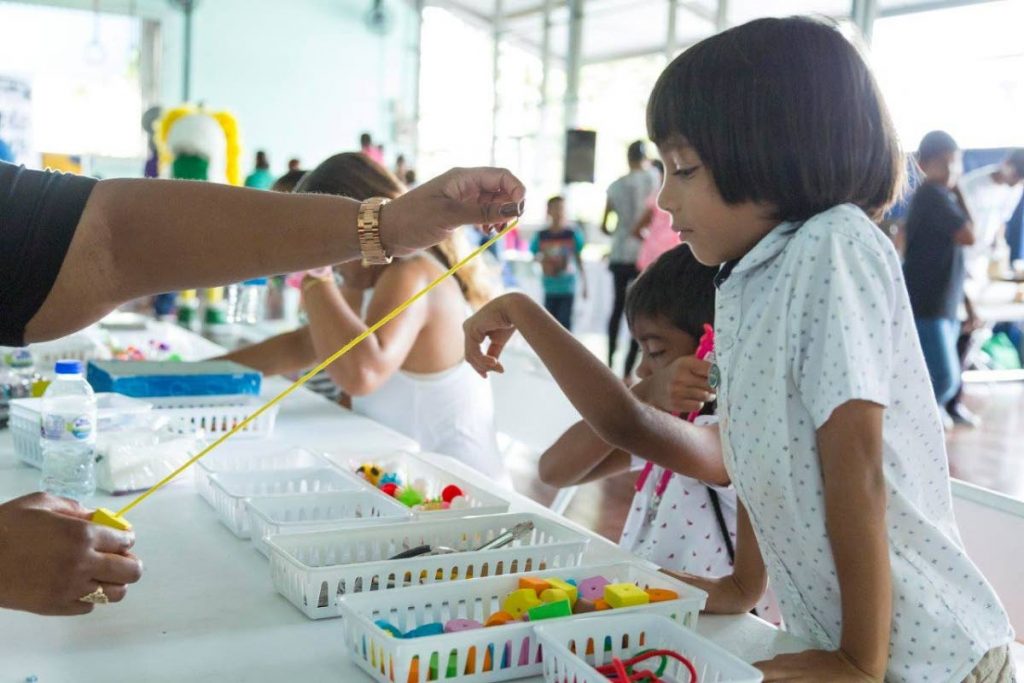Education options for special-needs children

DR RADICA MAHASE
“My son is six years old. He has been attending a pre-school near to our home for the past two years. The teacher made every effort to understand him and she worked closely with his speech therapist to help him communicate with other students. She found creative ways to teach him and he was doing quite well in school.
Both his teacher and speech therapist feel that he would be okay in a regular primary school, so earlier this year I filled out the application forms for four public primary schools, all within in our educational district. I submitted the applications before the deadline and I included my son’s diagnosis report, as well as letters from both his paediatrician and his speech therapist stating his level of development and the fact that he was ready and could attend a public school.
A couple of months ago when I did not hear back from any of the schools, I contacted them to find out if my child was accepted. Two of the schools told me that they did not have any teachers who specialised in special needs education so they could not take him. The other two schools said that they did not have any space, all their places were already filled.
"My son is ready to start primary school and I really cannot afford to send him to a private school. I think sending him to a private special needs school is unfair to him because he is quite capable of interacting with children in the regular schools, and we would help him with the school work at home. We had already agreed that we would budget for a tutor for him if we cannot help him. Now I just don’t know what to do.
"It is so frustrating and unfair to him. Someone advised me to go to the Ministry of Education and report it, especially the two schools that are less than an hour from our home, because no child is supposed to be turned away. I don’t want him going to a school where they were forced to take him, because I don’t know if they will victimise him or if they won’t work with him. Now I am desperately trying to find an option for him.”
In TT where inclusive education is not really inclusive and where "no child left behind" is the new mantra, this parent is not the only one in this situation. There are others who are struggling to get their children into a public primary school, and there are those who simply cannot afford to pay for a private education for their special-needs children. When schools reopen in September, there will be more frantic parents, seeking options on how to educate their children; parents who could not get their children into a public school or those who cannot afford a private school.

As a society we have set notions of what our children are supposed to do – they enter primary school, prepare for Secondary Entrance Assessment (SEA) exam, write SEA exam, pass for a prestige school, prepare for and pass all CXC subjects, maybe continue to CAPE and then into university and so on. This is the accepted "norm" when it comes to education in our country. But if covid-19 has taught us one thing, it is that we need to be flexible in how we perceive education and how we educate our children. If as a parent you have unsuccessfully explored all avenues for getting your child into a school, consider other options, even temporarily.
For example, home schooling can be one option, at least for a short time. Children on the spectrum usually benefit from an individualised education plan which can be done through home schooling. If parents can afford it, another option is to hire a tutor to work with your child at home a few days for the week, for a couple of hours. In this instance, look towards retired teachers or university student studying for a degree in special needs education to tutor your child.
Ultimately though, a school environment is better for socialisation and remember the Ministry of Education’s policy is "no child left behind" so explore all avenues for getting your child into a school – writing to your MPs and the Minister of Education, maybe even going to the media to highlight your situation – because if we can boast of an inclusive education then every child should be included.
Dr Radica Mahase is the founder and director of Support Autism T&T

Comments
"Education options for special-needs children"